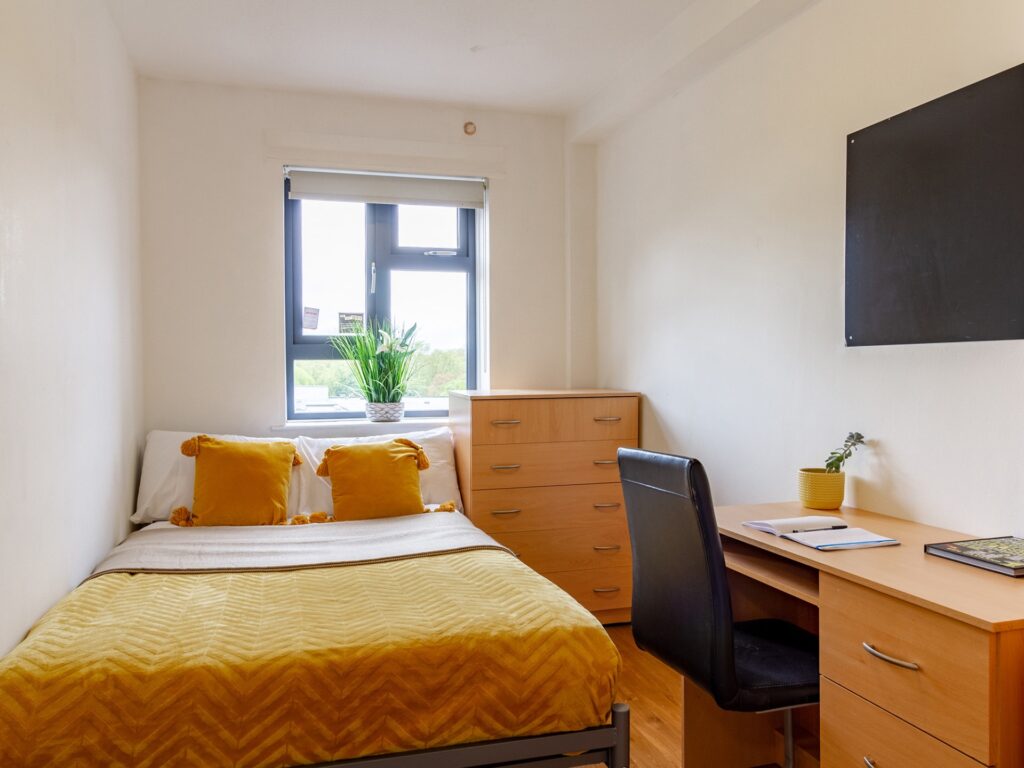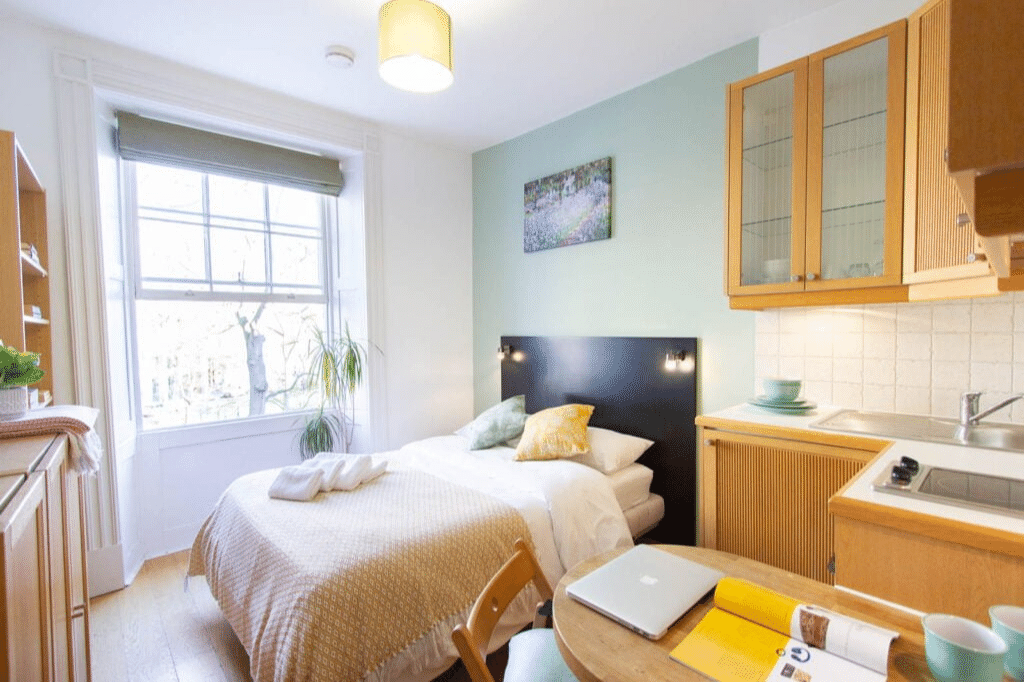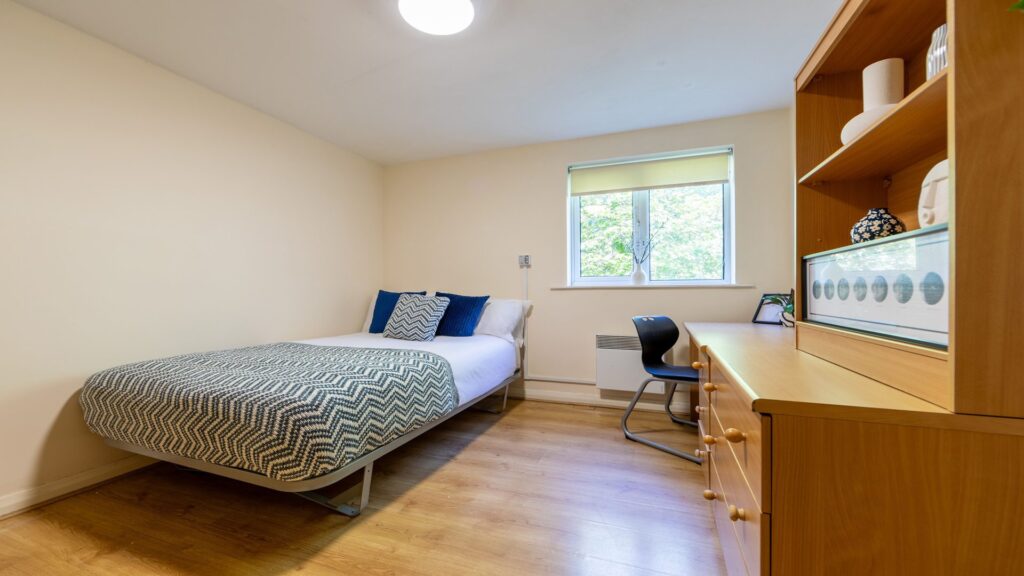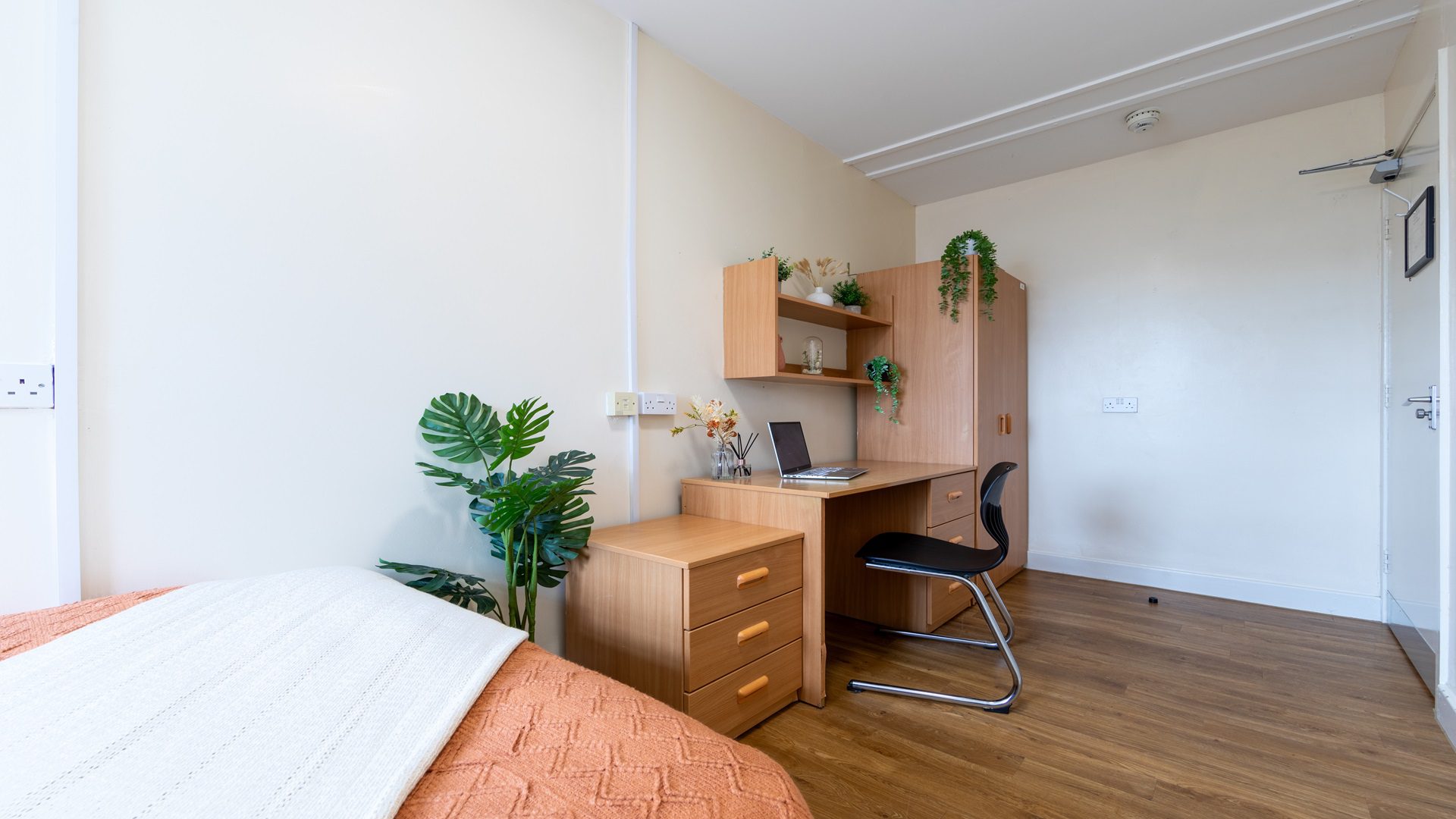Whether a non-student can live in student housing depends on the specific policies of the housing provider. In some cases, non-students may be permitted to live in student housing, especially if there is available capacity and the management allows it.
However, in many instances, student housing is reserved primarily for enrolled students to support their academic endeavors and foster a cohesive residential community.
Additionally, legal and regulatory considerations may influence the eligibility of non-students to reside in student housing. To live in student housing without being a student, inquire directly with housing authorities about their rules and eligibility criteria.
Eligibility Criteria for Student Housing

Student housing is typically designed to accommodate individuals who are enrolled in educational institutions such as colleges or universities. The eligibility criteria for student housing vary depending on the policies and regulations of the specific institution or housing provider.
However, there are common factors that are often considered when determining eligibility. These criteria may include:
Enrollment Status
Student housing accommodations typically prioritize residents who are currently enrolled as either full-time or part-time students at the affiliated educational institution.
In addition, this requirement ensures that housing resources are primarily allocated to individuals actively pursuing their academic endeavors. During the application process, proof of enrollment, like a valid student ID or class schedule, is often required to verify student status.
Moreover, enrolled students often receive priority access to housing options, including on-campus dormitories and off-campus student apartments. This criterion helps maintain a student-focused environment within the housing community, fostering academic engagement and collaboration among residents.
Academic Affiliation
In addition to enrollment status, some student housing options may require residents to be affiliated with the educational institution in other ways, such as being a student in a specific program or department.
Age Restrictions
Age restrictions in student housing are implemented to foster a community of residents who share similar life stages and interests. These restrictions typically align with the traditional college student demographic, which often falls between the ages of 18 to 24 years old.
This focus on age homogeneity aims to promote camaraderie and social cohesion among residents, thereby enhancing peer support networks.
Moreover, such restrictions contribute to safety and well-being by ensuring compatibility in lifestyle preferences. However, housing providers may offer exceptions or accommodations for non-traditional students or individuals outside the typical age range to accommodate diverse needs and backgrounds.
Financial Requirements
Some student housing options may have financial eligibility criteria, such as income limits typically ranging from $10,000 to $25,000 per year. Additionally, prospective residents may be required to demonstrate financial need through financial aid documentation or other relevant financial records.
Conduct and Behavior
Housing providers may also consider the conduct and behavior of potential residents, ensuring that they adhere to community standards and regulations.
Application Process
Here’s a simple list outlining the typical steps involved in the application process for prospective residents
- Complete an application form.
- Provide personal information (name, contact details).
- Submit academic records or proof of enrollment.
- Provide references.
- Consent to a background check.
- Agree to housing rules.
- Attend an interview if necessary.
Priority Criteria
When there aren’t enough rooms for everyone who needs them, some groups might get first dibs. This could include new students, those from other countries, or students with special needs.
Exceptions for Non-Students in Student Housing

While student housing is mainly for students, there are times when non-students can stay there too. These exceptions often vary depending on the policies of the educational institution or housing provider. Some common exceptions include:
University-Affiliated Individuals
Some people connected to the school, like teachers, staff, or researchers, might be able to live in student housing. This can help foster a sense of community and collaboration between students and academic professionals.
Spouses or Dependents of Students
In some cases, spouses or dependents of enrolled students may be allowed to live in student housing facilities. This accommodation recognizes the unique needs of students with families and provides them with convenient and supportive living arrangements.
Temporary Accommodations
Sometimes, people who aren’t students can stay in student housing for a short time. This might include visiting scholars, guest lecturers, or people attending short programs or conferences at the school.
Transitional Housing Programs
Some student housing places offer special programs for people going through changes, like recent graduates or those in between jobs. These programs give temporary housing and help people adjust to their new situations.
These programs may have specific eligibility criteria and time limits.
Special Circumstances
They may consider special circumstances on a case-by-case basis, such as medical reasons, emergencies, or unique personal situations.
Moreover, flexibility may be exercised in such cases to accommodate individuals who require temporary or short-term housing support.
Potential Challenges and Considerations
Potential Challenges and Considerations Regarding Non-Students in Student Housing:
Limited Availability
Student housing is often in high demand, particularly in areas with large student populations. Allowing non-students to reside in student housing may reduce the availability of housing options for enrolled students, potentially creating competition for limited spaces.
Legal Considerations
Housing regulations and laws may impose restrictions on who can reside in student housing facilities. They must ensure compliance with relevant legal requirements, such as fair housing laws, occupancy limits, and lease agreements.
Community Regulations and Policies
They may have different lifestyles, schedules, and priorities compared to enrolled students. To make sure everyone gets along in the neighborhood, must need to talk openly, respect each other, and follow the rules. This helps create a happy place for everyone to live.
Integration and Community Dynamics
Non-students residing in student housing may face challenges integrating into the student community and establishing social connections. Housing providers should promote inclusivity and foster opportunities for interaction and collaboration among residents from diverse backgrounds.
Academic Focus and Distractions
Student housing is typically designed to provide a supportive environment conducive to academic success. Non-students in student housing may cause distractions or disruptions, affecting the academic atmosphere and enrolled students’ well-being.
Maintenance of Facilities
It may have different expectations and standards regarding the maintenance and cleanliness of communal areas. Further, they must ensure that facilities are well-maintained and that all residents contribute to the upkeep of shared spaces.
Financial Considerations
Those living in student housing may face challenges related to affordability, especially if they are not eligible for financial aid or student housing subsidies.
Moreover, housing providers should consider the financial implications for both the non-student residents and the overall affordability of student housing options.
Alternatives for Non-Students

Certainly, here are some alternatives for non-students seeking housing:
Off-Campus Housing Options
Non-students can explore renting apartments, houses, or rooms in private residences located off-campus. They can utilize websites, local classifieds, and real estate agents to find suitable rental properties.
On the other hand, sharing a house or apartment with roommates can be a cost-effective housing option for non-students. Online platforms and community bulletin boards often facilitate roommate matching services.
Co-Living Spaces
Co-living spaces offer communal living arrangements with shared amenities and facilities. They can consider co-living spaces tailored to professionals, creatives, or individuals seeking a supportive community environment.
Extended-Stay Accommodations
Extended-stay hotels or serviced apartments provide temporary housing solutions for non-students who need short-term accommodation. These options offer furnished units with flexible lease terms, making them suitable for individuals in transition.
Private Rentals through Platforms
Utilizing rental platforms like Airbnb, non-students can find short-term or long-term accommodations in private residences. It offers flexibility in terms of location, duration, and amenities.
Homestays or Room Rentals
Non-students can consider staying with local residents through homestay programs or renting rooms in private homes. This option provides an opportunity for cultural exchange and immersion in the local community.
Subletting
Subletting involves renting a portion of a leased property from a tenant who already holds the lease. They can explore subletting arrangements, especially during periods when enrolled students may be away on breaks or internships.
FAQ’s
What is student accommodation?
Student accommodation refers to housing facilities specifically designed for university students. Halls of residence are common types of student accommodation, consisting of large blocks of flats with individual furnished bedrooms organized around corridors or apartments, often with shared kitchen and bathroom facilities.
How much is halls of residence UK?
The cost of halls of residence in the UK varies depending on factors such as location, facilities, and whether it’s university-owned or private accommodation. On average, university-owned accommodation rents for around £6,593 per year, while private lettings can average around £8,002 per year. Recent data suggests the average monthly rent for students is £535, totaling £6,420 annually.
Final Words
Whether a non-student can live in student housing varies. Student housing is typically reserved for enrolled students to support their studies and foster community. In some cases, non-students may be allowed if space permits and management approves.
But it’s best to ask the housing provider directly about their rules. Understanding these rules will help non-students make the right housing choices.



